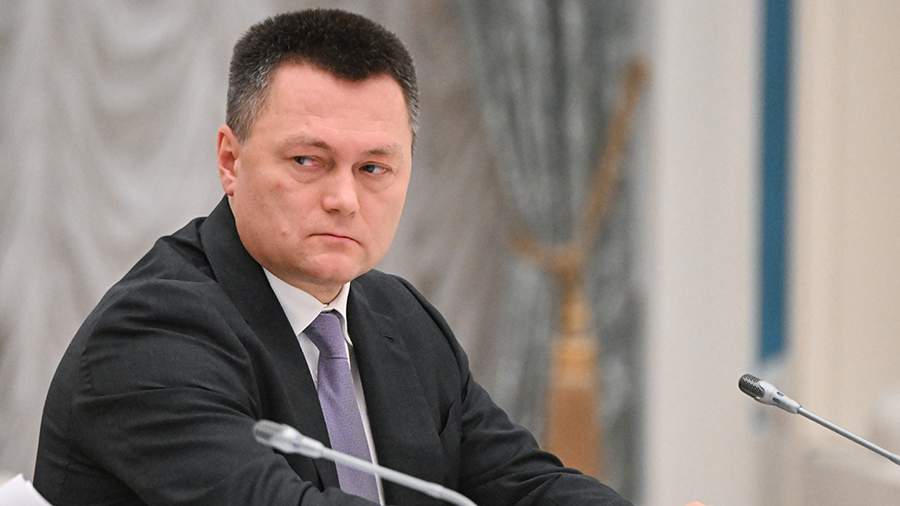Krasnov instructed prosecutors to more actively implement AI in their work

Russian prosecutors protecting the rights of millions of Russians today should make more active use of artificial intelligence (AI) technologies. Russian Prosecutor General Igor Krasnov called for this on January 10, summarizing the results of the department's work for 2024.
On Sunday, January 12, the Prosecutor General's Office of the Russian Federation will celebrate 303 years since its formation. For more than three centuries, while the agency has been on guard of the law, its assistance has become more accessible and prompt. Special control is now given to the assistance to the families of participants of the special military operation (SMO). Among the innovations is total digitalization, which will make it possible to identify corrupt officials also with the help of AI.
"Using all the available potential of means of prosecutorial control, direct communication with people at personal receptions, prosecutors have managed to restore justice to millions of our citizens, and help to those in need has become more accessible and prompt," Krasnov said.
The main goal of the work of the prosecutor's office is the prompt restoration of violated rights of citizens, where priority is given to the social sphere. In the current environment, prosecutors are actively cooperating with the Defenders of the Fatherland Foundation.
"The key problems with which we address and which, as it seems to me, we manage to solve, - is the provision of technical means of rehabilitation, adaptation of living quarters for the needs of wounded participants of the SSO and veterans of combat operations", - indicated the Prosecutor of the Moscow region Sergey Zabaturin.
Earlier, on January 5, Julia Nikitina, Director of Legal Support at AIRI Institute, told Izvestia how AI helps lawyers in automating routine operations - drafting various standard contracts, preparing legal opinions, statements of claim and claim documents. It also analyzes documents: it highlights potential risks in the wording of contracts and stylistic/factual errors in the text.
